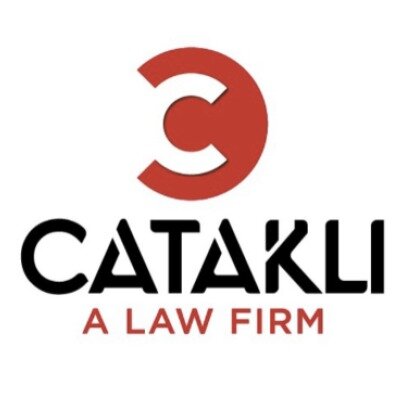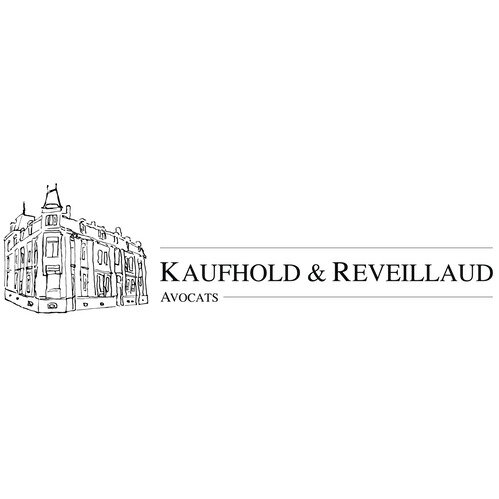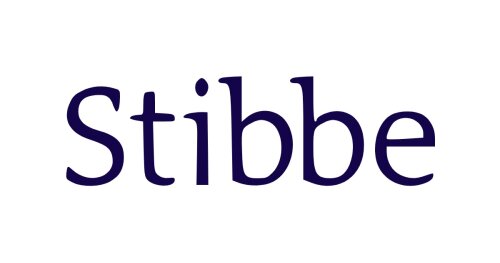Best Art & Cultural Property Law Lawyers in Luxembourg
Share your needs with us, get contacted by law firms.
Free. Takes 2 min.
Or refine your search by selecting a city:
List of the best lawyers in Luxembourg
About Art & Cultural Property Law in Luxembourg
Art & Cultural Property Law in Luxembourg encompasses a range of legal areas aimed at protecting cultural heritage, regulating art transactions, and addressing ownership issues related to artistic and cultural artifacts. This field of law deals with both public and private interests, ensuring that cultural heritage is preserved for future generations while respecting the rights of owners and stakeholders. Luxembourg, with its rich cultural history and dynamic art scene, has specific regulations and frameworks that govern the creation, transfer, and protection of cultural property.
Why You May Need a Lawyer
Individuals and institutions may require legal assistance in Art & Cultural Property Law under various circumstances. These include disputes over the ownership or restitution of cultural property, issues regarding the export and import of art, legal challenges related to art transactions, and compliance with cultural heritage protection regulations. Additionally, artists and art dealers may need legal advice on intellectual property rights, copyright infringement, and contractual matters.
Local Laws Overview
Luxembourg's legal framework for Art & Cultural Property Law is shaped by both national legislation and international agreements. Key aspects include:
- Regulations on the protection of cultural heritage, ensuring significant historical and cultural artifacts are safeguarded.
- Laws governing the sale and transfer of art, aimed at preventing illicit trafficking and fraud.
- Provisions for restitution claims related to cultural property displaced due to colonialism or conflict.
- Protection of artists' moral and economic rights under intellectual property law.
- Compliance with international conventions, such as UNESCO treaties, that Luxembourg is a signatory to.
Frequently Asked Questions
What constitutes cultural property under Luxembourg law?
Cultural property includes artifacts of historical, artistic, or cultural significance, such as paintings, sculptures, manuscripts, and architectural works.
What is the process for exporting art from Luxembourg?
The export of art from Luxembourg may require permits or certifications, particularly for items considered part of cultural heritage. It is essential to contact relevant authorities before proceeding.
How does Luxembourg address restitution claims for stolen artwork?
Luxembourg supports restitution efforts through legal mechanisms that honor claims for artwork stolen or displaced during periods of conflict, respecting international conventions.
Are there specific protections for contemporary artists in Luxembourg?
Yes, contemporary artists are protected under intellectual property laws that safeguard authorship rights and economic interests, including copyright protections.
What should I do if I believe a piece of art I purchased is a forgery?
Seek legal advice promptly to assess your case. A lawyer can guide you through potential claims against sellers or auction houses and help recover damages.
Does Luxembourg have laws against illicit trafficking of cultural property?
Yes, Luxembourg has strict laws and regulations aimed at combating the illicit trafficking of cultural goods, including severe penalties for violations.
How are public and private collections regulated?
Public and private collections are subject to distinct legal frameworks, with specific obligations regarding acquisition, care, and display to ensure preservation and legality.
What is the legal framework for art dealers in Luxembourg?
Art dealers must comply with both commercial laws and specific industry regulations covering ethical standards, transaction transparency, and the provenance of artworks.
Are there any tax benefits related to art and cultural property in Luxembourg?
Luxembourg offers tax incentives for certain art-related transactions and donations, promoting cultural patronage and collection growth. Consult a specialist for specific advice.
Is it possible to insure cultural property in Luxembourg?
Yes, cultural property insurance is available in Luxembourg, providing coverage against risks such as damage, theft, and loss. It's advisable to consult with insurance experts familiar with art assets.
Additional Resources
For more information on Art & Cultural Property Law in Luxembourg, consider the following resources:
- Ministry of Culture in Luxembourg
- International Council of Museums (ICOM) Luxembourg
- Luxembourg Art Law Association
- UNESCO's International Database on Cultural Property
- Local law libraries and legal journals specializing in art law
Next Steps
If you need legal assistance in Art & Cultural Property Law, consider the following steps:
- Identify the specific legal issue or query you have.
- Consult with qualified legal experts who specialize in Art & Cultural Property Law.
- Gather all relevant documentation, including provenance records, transaction details, and any communication related to the issue.
- Consider joining relevant professional networks or associations for support and guidance.
- Stay informed about changes in laws and regulations that impact your situation.
Taking these steps can help ensure you receive informed, professional guidance to navigate the complexities of Art & Cultural Property Law in Luxembourg.
Lawzana helps you find the best lawyers and law firms in Luxembourg through a curated and pre-screened list of qualified legal professionals. Our platform offers rankings and detailed profiles of attorneys and law firms, allowing you to compare based on practice areas, including Art & Cultural Property Law, experience, and client feedback.
Each profile includes a description of the firm's areas of practice, client reviews, team members and partners, year of establishment, spoken languages, office locations, contact information, social media presence, and any published articles or resources. Most firms on our platform speak English and are experienced in both local and international legal matters.
Get a quote from top-rated law firms in Luxembourg — quickly, securely, and without unnecessary hassle.
Disclaimer:
The information provided on this page is for general informational purposes only and does not constitute legal advice. While we strive to ensure the accuracy and relevance of the content, legal information may change over time, and interpretations of the law can vary. You should always consult with a qualified legal professional for advice specific to your situation.
We disclaim all liability for actions taken or not taken based on the content of this page. If you believe any information is incorrect or outdated, please contact us, and we will review and update it where appropriate.
Browse art & cultural property law law firms by city in Luxembourg
Refine your search by selecting a city.














